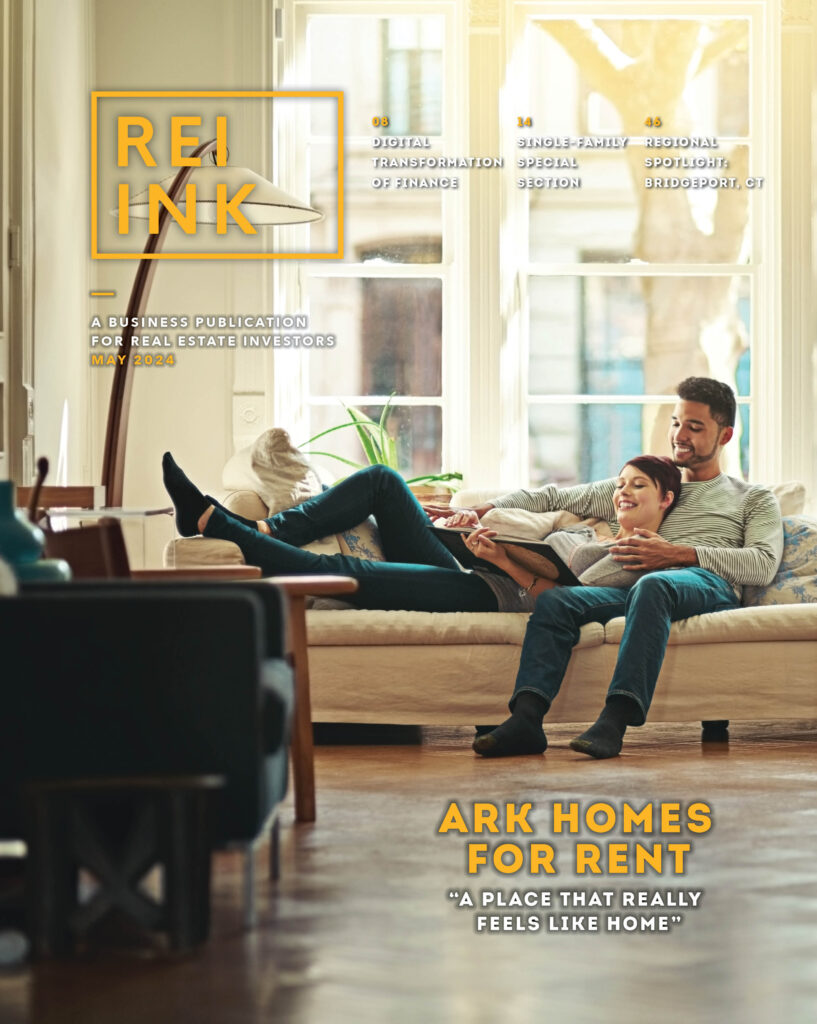Insurance Coverages for Fix & Flip Properties

What Real Estate Investors Must Understand
By Shawn Woedl
Whether you are new to property flipping or a seasoned veteran, renovating a home to sell for profit comes with a unique set of risks. One of the most crucial aspects of protecting yourself and your business is insurance. The following coverages serve as the foundation for insuring any renovation property.
Dwelling Coverage
Dwelling coverage protects against sudden and accidental physical damage to your property. For instance, if severe weather were to cause a tree to fall on your roof, resulting in structural damage, your Dwelling insurance is what may cover the cost of repairs or replacement. Basic, Broad, and Special are the three coverage options available to investors. Below is an overview of each:
Basic Form
Basic Form coverage is a “Named Peril” policy, which means for a loss to be covered, the peril must be listed by name on the declarations page. In addition, the policyholder carries the burden of proving that a loss was caused by an included peril. Basic Form is typically the cheapest of the three coverage options. However, a Basic Form policy does not include coverage for the following perils:
» Collapse
» Falling Objects
» Weight of Ice, Sleet, or Snow
» Water Damage (Most known as coverage for frozen and burst pipes)
» Theft (This includes things the policyholder owns, such as air conditioning units or copper pipes)
Broad Form Coverage
Broad Form is similar to Basic in that it is also a “Named Peril” policy. The coverage provided by Broad Form includes the same perils as Basic, and it also adds:
» Collapse
» Falling Objects
» Weight of Ice, Sleet, or Snow
» Water Damage
Broad Form does not include Theft coverage. Many insurance companies choose not to offer Broad Form because the cost savings it provides are usually not enough to make sense to purchase over Special Form.
Special Form Coverage
Special Form is the most comprehensive and, in turn, the most expensive insurance coverage form you can purchase. It is considered “All-Risk” coverage, meaning unless there are specific exclusions listed within the policy, then coverage is afforded to you in the event of a loss.
The burden of proof falls on the insurance company to prove that the policy specifically excludes the peril that caused the loss. There are standard exclusions that come in every Special Form policy. Some of these exclusions can be purchased as an endorsement or stand-alone policy, while others cannot. Standard exclusions include:
» Mold & Fungus
» Wear & Tear
» Sewer & Drain Backup
» Earth Movement (including earthquakes and sinkholes)
» Flood
» Intentional Tenant Damage
When it comes to insuring a renovation property, we advise opting for Special Form, as it typically extends coverage to Theft and Water Damage, two perils that are more likely to occur at properties undergoing renovation. Note: you should always review your exclusions and endorsements pages as some insurers may exclude Theft, even on Special Form.
Premises Liability
When you own any property, it’s important to have coverage for more than just the physical structure. Premises Liability is insurance that protects the property owner. It covers events that occurred on the premises, including bodily injury and property damage to a third party or their property caused by hazardous conditions or negligence, provided that circumstance is not excluded.
As the property owner, you are legally responsible for the safety of invited and even uninvited guests, such as trespassers. Hazardous conditions that may cause bodily injury can include uneven pavement, uncleared snow, icy walkways, etc. These types of lawsuits are not cheap, so it is extremely important that you protect yourself and your livelihood with a Premises Liability policy.
Coverage for DIY Flippers
Did you know that if you perform some or all of the renovation work yourself, you have added liability exposures? While Premises Liability is one of the most important coverages to have at any property you own, it does not fully address your unique liability risks as a DIY flipper. A Premises Liability policy will not provide coverage for incidents that occurred as a result of your renovations. To mitigate these risks, we recommend two crucial coverages:
Products & Completed Operations (P&CO)
Products & Completed Operations is liability insurance that protects you from lawsuits alleging property damage or bodily injury due to a defect in your product or completed work. For example, let’s say you built a deck as part of your flipping operations. The deck is considered a product or completed operation. If the deck fails and causes bodily injury, defense costs and awarded damages may be covered by P&CO.
Personal & Advertising Injury (P&AI)
Personal & Advertising Injury protects against non-physical injury claims involving libel, slander, and invasion of privacy. For example, if a person or entity alleges that your marketing materials caused them harm, leading to a legal dispute, this coverage can help with defense costs and awarded damages.
Similar coverage may also be extended if someone claims you invaded their privacy through your advertising practices, such as using their image without consent.
On a flip project, it is important to secure Products & Completed Operations and Personal & Advertising Injury coverages for work you complete yourself. However, it can be challenging to obtain these coverages if you are not a professional contractor or artisan/subcontractor. For this reason, NREIG developed FlipShield, a liability-only policy for do-it-yourself flippers. FlipShield includes coverage for P&CO and P&AI and is available to property owners who perform some or all of the renovation work themselves, as long as they are not professional contractors.














